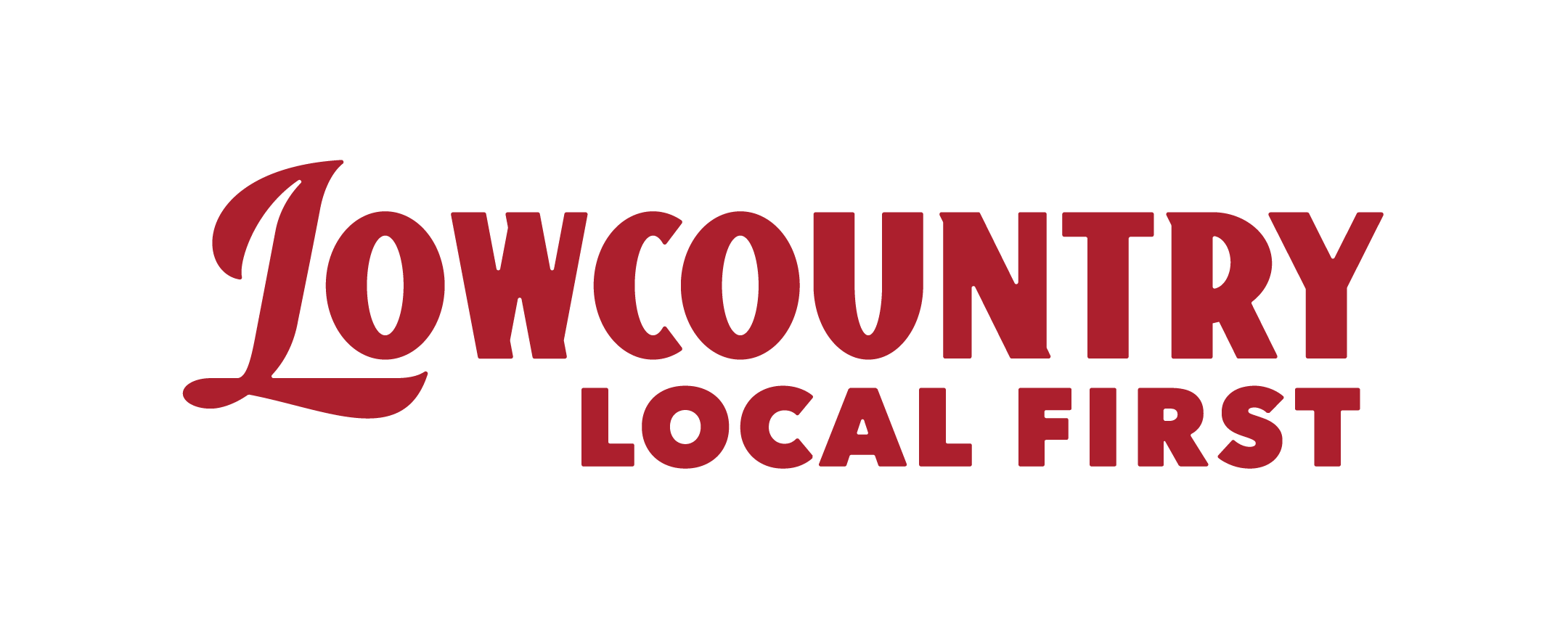What does responsible tourism look like?
Date postedMay 21, 2025
Lowcountry Local First participated in a Historic Charleston Foundation + Bloomberg Philanthropies-hosted forum on responsible tourism held on May 20, 2025. A full room at The Charleston Museum officially launched a months-long process to support the City of Charleston as it works to draft a new Tourism Management Plan and revitalize the Peninsula Plan this fall.
The consulting team from Bloomberg will be conducting a series of deep-dives with key stakeholder groups in the community as part of the process, and Lowcountry Local First aims to be a part of this important conversation in the coming months.
The consulting team from Bloomberg will be conducting a series of deep-dives with key stakeholder groups in the community as part of the process, and Lowcountry Local First aims to be a part of this important conversation in the coming months.
Tell us - what does 'responsible tourism' look like to you?
Mayor Cogswell kicked off the evening by laying out his 3 priorities as they evaluate the impacts of tourism:
1) Put Locals First,
2) Expand the footprint (push visitors to West Ashley and Johns Island attractions to relieve pressure on the peninsula)
3) Push visitors to act like they live here ( a la the "enjoy and respect" campaign in Amsterdam)
The room of preservationist fans seemed most enthused about the examples shared that would protect the historic core from disruptive bachelor/ bachelorette groups, and for campaigns that would attract "high value" tourists instead.
A guest speaker from the College of Charleston's "Hospitality & Tourism Management" in the School of Business shared a few slides of economic and other data impacts from the last 6 years of tourism in Charleston, and a few look-backs further into the '90s. While certain economic benefits of tourism are clear and indisputable, the "ripple effect" of impact they include in their extrapolated data sets assume that every dollar given to a hotel (most of which are not locally-owned) are then passed onto other service/product providers who then circulate those dollars here - again, likely most of which actually leaves this community to benefit companies headquartered in other parts of the country and world. We wonder if this leakage is taken into account.
In the end, our hope is that 1) local business owners have a seat at this table (and ideally a majority are commercial tenants and not just commercial property owners), and 2) that all partners involved don't focus heavily on attracting "luxury tourists" for the end game of higher value extraction per visitor. That does not drive real culture or livability. That supports the continued residential and local business displacement we already see. As areas become more geared towards luxury tourism, businesses that serve local residents (e.g., affordable grocery stores, hardware stores, childcare facilities) are often priced out or replaced by establishments catering to tourists.
The room of preservationist fans seemed most enthused about the examples shared that would protect the historic core from disruptive bachelor/ bachelorette groups, and for campaigns that would attract "high value" tourists instead.
A guest speaker from the College of Charleston's "Hospitality & Tourism Management" in the School of Business shared a few slides of economic and other data impacts from the last 6 years of tourism in Charleston, and a few look-backs further into the '90s. While certain economic benefits of tourism are clear and indisputable, the "ripple effect" of impact they include in their extrapolated data sets assume that every dollar given to a hotel (most of which are not locally-owned) are then passed onto other service/product providers who then circulate those dollars here - again, likely most of which actually leaves this community to benefit companies headquartered in other parts of the country and world. We wonder if this leakage is taken into account.
In the end, our hope is that 1) local business owners have a seat at this table (and ideally a majority are commercial tenants and not just commercial property owners), and 2) that all partners involved don't focus heavily on attracting "luxury tourists" for the end game of higher value extraction per visitor. That does not drive real culture or livability. That supports the continued residential and local business displacement we already see. As areas become more geared towards luxury tourism, businesses that serve local residents (e.g., affordable grocery stores, hardware stores, childcare facilities) are often priced out or replaced by establishments catering to tourists.

